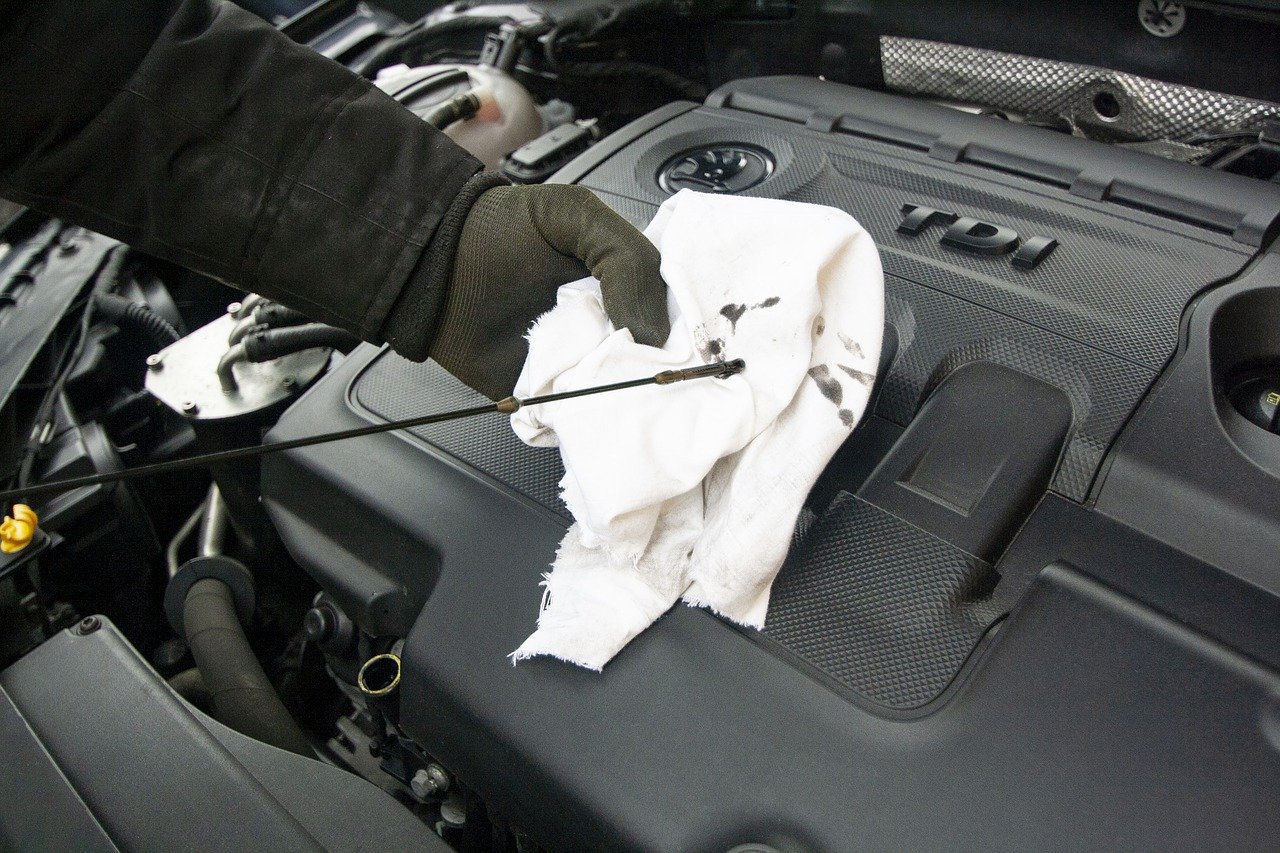Can Gas in Oil Damage Engine
Gas in oil can damage the engine, causing potential problems and decreased performance. Gasoline dilutes the oil and reduces its lubricating properties, leading to increased friction and wear on engine components.
Furthermore, gas can also cause improper fuel combustion, resulting in increased engine temperature and potential damage to the piston rings and cylinder walls. It is crucial to address gas in the oil promptly to prevent further engine damage. Investing in regular oil changes and maintenance checks can help detect and resolve this issue before it causes extensive harm.
By taking these preventative measures, you can ensure the longevity and optimal performance of your engine.
Understanding The Relationship Between Gas And Oil
Understanding the Relationship between Gas and Oil
Effects of Gas in Oil Mixtures
Gas in oil mixtures can potentially damage an engine and affect its performance. When fuel gets mixed with oil, it alters the oil’s viscosity and lubricating properties. This can lead to a variety of problems that impact engine performance.
- Impact on Engine Performance: Gas in oil mixtures can cause engine knocking, reduced power, increased oil consumption, and poor fuel efficiency.
- Factors that Contribute to Gas in Oil: Several factors contribute to the presence of gas in oil, such as incomplete combustion, faulty spark plugs, worn piston rings, engine overheating, and improper fuel-to-air mixture.
The Potential Damage Caused By Gas In Oil
htmlThe Potential Damage Caused by Gas in Oil:
Gas in oil can lead to several detrimental effects on an engine, ultimately causing damage if not addressed promptly. One of the primary concerns is the corrosion of engine components. When gas mixes with oil, it can promote oxidation and accelerate the rusting process, leading to the deterioration of critical engine parts.
Furthermore, gas in oil can significantly reduce the lubrication efficiency of the engine. As a result, vital engine components may experience increased friction and heat, which can lead to premature wear and failure if left unattended.
In addition to reduced lubrication, the presence of gas in oil can also result in the formation of deposits. These deposits can accumulate on internal engine surfaces, such as piston rings and valve seats, impeding their proper function and potentially causing engine misfires and stalling.
| Effect of Gas in Oil: |
|---|
| Corrosion of engine components |
| Reduced lubrication efficiency |
| Increased friction and heat |
| Formation of deposits |
| Engine misfires and stalling |
It is crucial to address the presence of gas in oil to prevent potential damage to the engine. Regular maintenance and proper fuel system functioning are essential to mitigate these risks and ensure the optimal performance and longevity of the engine.
How To Detect And Prevent Gas In Oil Damage
htmlCan Gas in Oil Damage Engine
Gas in oil can cause serious damage to an engine if left undetected or untreated. Some common symptoms include:
- Poor engine performance
- Excessive oil consumption
- Black smoke from the exhaust
- Engine misfires
- Difficulty starting the engine
Regular oil analysis and testing is crucial for detecting gas in oil. It helps identify the presence of contaminants and determine the overall health of the engine. By monitoring the oil’s condition, you can catch any issues early on and take appropriate measures to prevent further damage. Additionally, conducting oil analysis allows you to optimize oil change intervals and ensure proper lubrication.
Proper fuel quality control is essential in preventing gas in oil. Ensure that you are using high-quality fuel from reputable sources. Contaminated or low-quality fuel can introduce gas into the oil, leading to engine problems. Regularly check the fuel storage and dispensing systems for any signs of contamination or leaks. Implementing proper fuel filtration and water separation systems can also help maintain fuel purity.
Regular maintenance and inspection of the engine can help detect and prevent gas in oil damage. Keep an eye on the engine’s overall performance and address any issues promptly. Pay attention to unusual sounds, vibrations, or fluid leaks. Maintain a schedule for oil and filter changes and adhere to manufacturer recommendations. Regularly inspect and clean the PCV system to prevent the buildup of gas in the oil.
If gas in oil is detected, various treatment options are available. Some common methods include:
- Using specialized oil additives designed to stabilize fuel and remove water
- Performing an oil change to remove the contaminated oil and replace it with fresh oil
- Addressing any underlying issues causing the gas in oil contamination, such as malfunctioning fuel injectors

Credit: www.jdpower.com
Frequently Asked Questions For Can Gas In Oil Damage Engine
Can Gas In Oil Damage Engine?
Gas in oil can damage the engine by diluting the oil’s lubricating properties. This can lead to increased wear and tear on engine components, reduced engine performance, and potentially costly repairs. It is important to address this issue promptly to prevent further damage to the engine.
Conclusion
To sum up, gas in oil can indeed cause damage to an engine. The presence of gas can lead to reduced lubrication, increased wear and tear, and even engine failure. Regular maintenance, such as checking for gas in the oil and addressing any issues promptly, can help prevent costly repairs down the line.
Keeping an eye on the oil level and quality is crucial for ensuring the smooth functioning and longevity of your engine.
